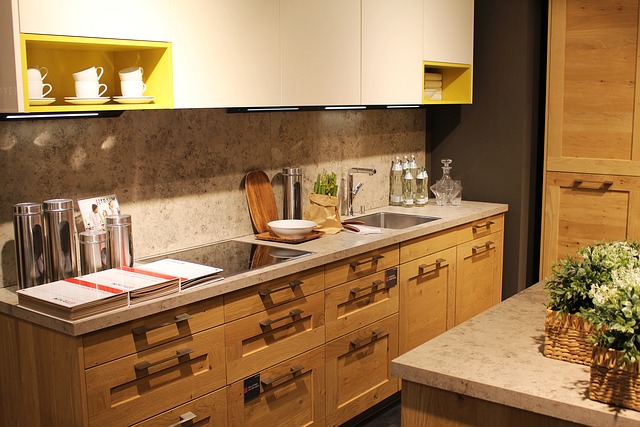A clean kitchen is more than just a visual preference—it’s a fundamental requirement for safety, efficiency, and professionalism. From home cooks to Michelin-starred chefs, everyone agrees: cleanliness in the kitchen is not optional, it’s essential.
In this article, we’ll explore the reasons why chefs maintain strict hygiene standards, the risks of neglecting cleanliness, and some compelling facts that might change how you see your own kitchen.
👨🍳 1. Food Safety is Non-Negotiable
One of the most obvious and important reasons for maintaining a clean kitchen is preventing foodborne illnesses. According to the World Health Organization (WHO), an estimated 600 million people fall ill each year after consuming contaminated food.
Cross-contamination—when bacteria spread from raw to cooked foods or surfaces—is a major hazard in kitchens. Professional chefs are trained to:
- Use separate cutting boards for meat and vegetables.
- Regularly disinfect knives and countertops.
- Store food at safe temperatures.
Fact: Bacteria like Salmonella and E. coli can survive on surfaces for hours, even days, if not cleaned properly.
🧽 2. Clean Kitchens Improve Cooking Efficiency
Chefs know that clutter and mess slow down the cooking process. A clean and organized kitchen helps you:
- Find ingredients and tools quickly.
- Avoid repeating tasks or making mistakes.
- Work safely in high-pressure situations.
The culinary term “mise en place” (everything in its place) isn’t just about ingredients—it’s also about keeping the workspace clear and efficient.
Chef Tip: Many professional kitchens follow a “clean as you go” rule. Every station must be wiped down between tasks.
🧼 3. Cleanliness Reflects Professionalism
For chefs, a clean kitchen isn’t just functional—it shows respect for their craft, their coworkers, and their customers. Diners don’t see the kitchen in most restaurants, but cleanliness behind the scenes contributes to:
- Better food quality.
- Positive kitchen morale.
- Consistent standards in every dish.
Fact: In many countries, food inspectors perform unannounced checks. Cleanliness can make or break a restaurant’s reputation—or even lead to shutdowns.
🦠 4. Dirty Kitchens Attract Pests
A messy kitchen creates an ideal environment for pests like:
- Cockroaches
- Mice
- Flies
These creatures don’t just bring disgust—they bring disease. Crumbs, grease, and improperly stored food can lead to infestations, which are incredibly hard to control once they start.
Chef Practice: Trash bins should be emptied daily, and floors, drains, and shelves must be cleaned regularly to prevent pest access.
🧠 5. Clean Spaces Inspire Clear Thinking
Believe it or not, kitchen cleanliness also impacts mental clarity and focus. A clean space reduces stress, supports creativity, and makes cooking more enjoyable. Chefs often talk about the calming rhythm of prep work in a clean, organized space.
When your kitchen is in order, your mind can be too.



👨🍳 Final Thoughts
A clean kitchen is the foundation of good cooking—whether you’re a professional chef or a home cook. It’s not just about aesthetics; it’s about food safety, efficiency, pride, and peace of mind.
Take a tip from the pros: wipe that counter, wash that cutting board, and treat your kitchen like the sacred space it truly is.
